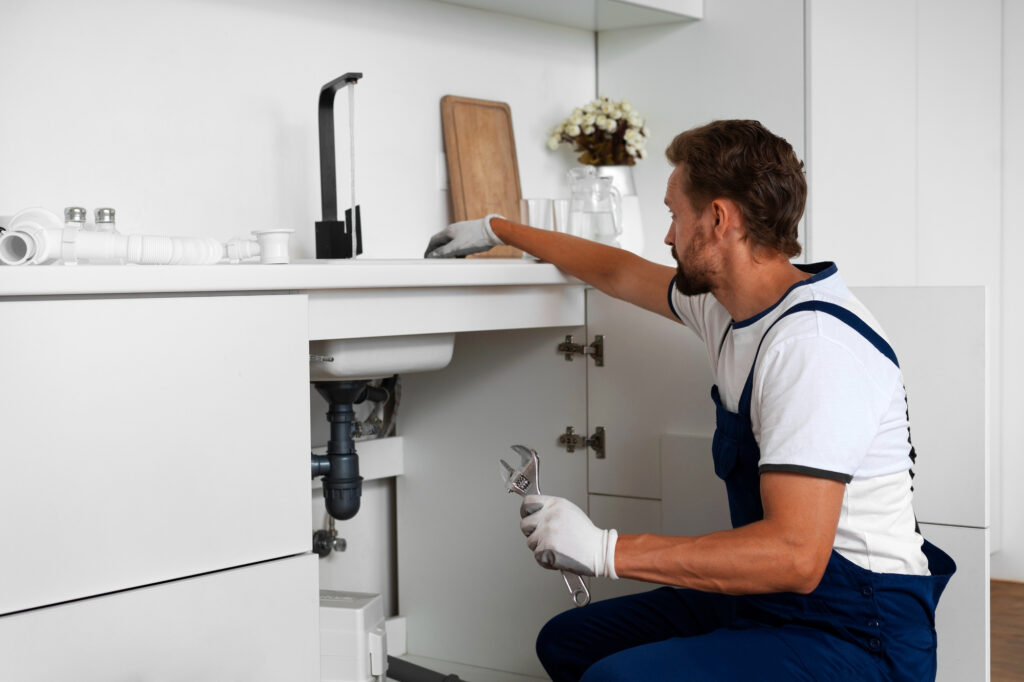Maintaining Your Washdown System for Longevity and Efficiency
A washdown system is a crucial component in various industries, ensuring cleanliness and compliance with hygiene standards. To guarantee its longevity and optimal performance, regular maintenance is essential. In this guide, we’ll delve into the best practices for maintaining your washdown system.
Understanding the Importance of Washdown System Maintenance

The Role of Regular Cleaning in Washdown System Longevity
Proper cleaning is the cornerstone of washdown system maintenance. Regularly remove debris, sediment, and any build-up within the system. This not only ensures optimal performance but also prevents potential clogs that could lead to costly repairs.
Inspecting and Replacing Components
Regular inspections are key to identifying wear and tear on components such as nozzles, hoses, and valves. Replace any damaged or deteriorating parts promptly to avoid compromising the system’s efficiency. This proactive approach significantly extends the life of your washdown system.
Setting Up a Routine Maintenance Schedule
Frequency Matters: Establishing a Cleaning Schedule
Consistency is vital in washdown system maintenance. Create a routine cleaning schedule based on the system’s usage and the nature of the substances being cleaned. High-traffic systems may require more frequent maintenance to prevent excessive wear.

Conducting Seasonal Check-ups
In addition to regular cleaning, conduct thorough seasonal check-ups. Inspect the entire system for signs of corrosion, leaks, or any other issues that might have developed over time. Addressing these concerns promptly prevents minor problems from escalating into major repairs.
Water Quality Management

Importance of Using Quality Water
The quality of water used in your washdown system significantly impacts its performance. Ensure that the water source is clean and free from contaminants. Regularly test the water for impurities that could affect the system’s components and compromise its efficiency.
Implementing Filtration Systems
Incorporating filtration systems into your washdown setup is an effective way to prevent debris and sediment from entering the system. This not only enhances performance but also minimizes the risk of clogs and damage to internal components.

Employee Training on Proper Usage
Educating Operators on Best Practices
Proper usage is just as crucial as regular maintenance. Provide comprehensive training to employees responsible for operating the washdown system. Ensure they understand the correct procedures, including turning off the system when not in use and reporting any irregularities promptly.
Promoting a Culture of Responsibility
Encourage a sense of responsibility among employees for the proper care of the washdown system. This can lead to early detection of issues and a more proactive approach to maintenance.
Hiring Professional Maintenance Services
The Role of Professionals in Washdown System Maintenance
Consider hiring professional maintenance services periodically. These experts can conduct in-depth assessments, identify potential issues, and perform specialized cleaning procedures that may be beyond the scope of regular maintenance.

Cost-Effective Outsourcing Solutions
Outsourcing maintenance can be a cost-effective solution, especially for large-scale industrial washdown systems. This ensures that the system is in the hands of experts, allowing your team to focus on core business activities.
Conclusion
In conclusion, maintaining your washdown system is a multifaceted task that requires a combination of regular cleaning, proactive inspections, water quality management, employee training, and, at times, professional assistance. By incorporating these best practices into your maintenance routine, you’ll not only extend the life of your washdown system but also ensure its consistent and efficient operation. Remember, a well-maintained washdown system is key to meeting hygiene standards and optimizing your operational processes.

